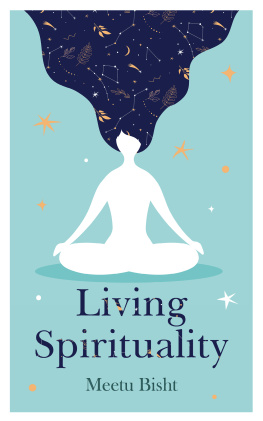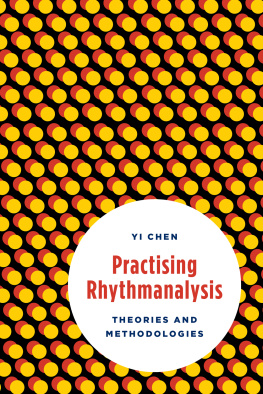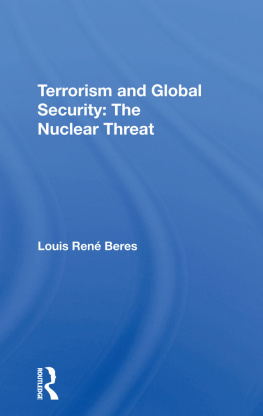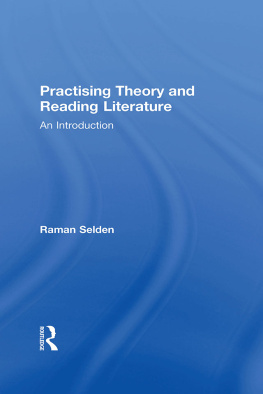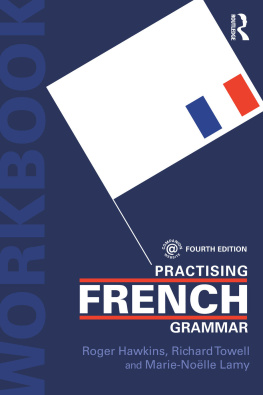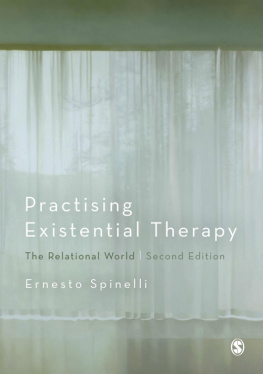Practising Spirituality
Practice Theory in Contextseries
Series Editor: Jan Fook
Change is rife in welfare organisations but expectations for sound and effective practice continue to rise. More than ever, professionals need to be able to remake ideas and principles for relevance in a range of different circumstances as well as transfer learning from one context to the next.
This new series focuses on approaches to practice that are common and prevalent in health and social care settings. Each book succinctly explains the theoretical principles of its approach and shows exactly how these ideas can be applied skilfully in the pressurised world of day-to-day practice.
Pitched at a level suitable for students on introductory courses, the books are holistic in ethos, also considering organisational and policy contexts, working with colleagues, ethics and values, self-care and professional development. As such, these texts are ideal too as theory refreshers for early and later career practitioners.
Published
Laura Bres
The Narrative Practitioner
Fiona Gardner
Being Critically Reflective
Laura Bres
Practising Spirituality
Forthcoming
Stanley Witkin
Transforming Social Work
Practising Spirituality
Reflections on meaning-making in personal and professional contexts
Laura Bres
Selection and Editorial Matter Laura Bres 2017
Individual chapters contributors 2017
All rights reserved. No reproduction, copy or transmission of this publication may be made without written permission.
No portion of this publication may be reproduced, copied or transmitted save with written permission or in accordance with the provisions of the Copyright, Designs and Patents Act 1988, or under the terms of any licence permitting limited copying issued by the Copyright Licensing Agency, Saffron House, 610 Kirby Street, London EC1N 8TS.
Any person who does any unauthorized act in relation to this publication may be liable to criminal prosecution and civil claims for damages.
The authors have asserted their rights to be identified as the authors of this work in accordance with the Copyright, Designs and Patents Act 1988.
First published 2017 by
PALGRAVE
Palgrave in the UK is an imprint of Macmillan Publishers Limited, registered in England, company number 785998, of 4 Crinan Street, London, N1 9XW.
Palgrave and Macmillan are registered trademarks in the United States, the United Kingdom, Europe and other countries.
ISBN 9781137556844 paperback
This book is printed on paper suitable for recycling and made from fully managed and sustained forest sources. Logging, pulping and manufacturing processes are expected to conform to the environmental regulations of the country of origin.
A catalogue record for this book is available from the British Library.
A catalog record for this book is available from the Library of Congress.
Contents
Laura Bres
Jan Fook
Fiona Gardner
Rose Pulliam
Karlo Mila
Cassandra Hanrahan
Maria Cheung
Lisa McCorquodale
Laura Bres
Melanie Rogers
Bruce Rumbold
Laura Bres
Foreword
The importance of meaning, and of addressing the bigger questions in life, appears to be steadily on the increase. This is understandable given the kinds of social upheavals and increasing conditions of hardship being experienced by many around the globe. In some ways, the people-oriented professions have been perhaps slower to take up an interest in spirituality, and to integrate it into their practice in an articulated way, than might be expected. This book is therefore very welcome in the Practice Theory in Context series.
I was delighted that Laura considered publishing her book in this series, as I think it makes a timely point about the need to revisit these big questions and to put a diverse form of spirituality back on the professional practice agenda. Although spirituality itself is not a practice theory such as others in the series, it is a way of thinking and an approach to living that I believe deserves to be accorded a place at the forefront of how we think about relating to and working with people who, for whatever reason, at whatever time, and in whatever context, need the assistance of professionals. When in a time of need, it is these issues of meaning that also beg to be addressed, simultaneously with more practical or material concerns. In this sense, I do not believe there is necessarily a hierarchy of needs, but that the spiritual is intertwined with the physical, social and emotional aspects of being. All need to be nurtured if we are to truly connect as human beings.
Given that the idea of spirituality does encompass the big questions and that, of course, there are many and varied versions of it, I do think it is an idea and concept which does need to be translated into specific principles and guidelines for practice. For this reason, the authors in this volume have been carefully selected by Laura to represent a range of experiences, from different contexts and backgrounds. It is a fitting approach for the series. On another level it is also fitting, as authors have been asked to approach their topic in a reflective manner, drawing on their own experience and illustrating how they have interpreted the workings of spirituality in their own practice. I find that this approach grounds and makes real the individuality and thoughtfulness of the authors work. This is very moving reading. Authors speak with their own voice, and the many different styles are a testament to what we each bring to the professional encounter as individual people and human beings. For me it makes professional practice itself a much more meaningful experience. It leads me to reflect further on what it means to be human and to care for each other. I do hope that it enriches your own professional practice in the way it has done for me.
Jan Fook
Series editor
What Is Spirituality and How Does It Relate to Professional Practice?
Laura Bres
Introducing spirituality
For several years I have been incorporating the topic of spirituality in direct practice courses I teach in a university social work programme. I do this despite the fact that when I was a social work student I was only taught how to conduct biopsychosocial assessments rather than biopsychosocial-spiritual assessments. The three-dimensional model continues to be the norm in many programmes that aim to educate practitioners within the helping professions in the United Kingdom, Canada, the United States of America and Australia. Yet Cook, Powell and Sims (2009) of the Royal College of Psychiatrists in the United Kingdom suggest it is necessary to add the fourth dimension, that of spirituality, to this biopsychosocial model. Cooks definition of spirituality, which the authors use for their argument, is the following:
Spirituality is a distinctive, potentially creative and universal dimension of human experience arising from both within the inner subjective awareness of individuals and within communities, social groups and traditions. It may be experienced as relationship with that which is intimately inner, immanent and personal, within the self and others, and/or as relationship with that which is wholly other, transcendent and beyond the self. It is experienced as being fundamental or ultimate importance and is thus concerned with matters of meaning and purpose in life, truth and values. (Cook, Powell and Sims, 2009, p. 4)



